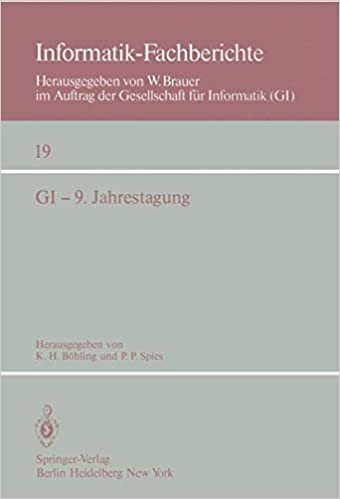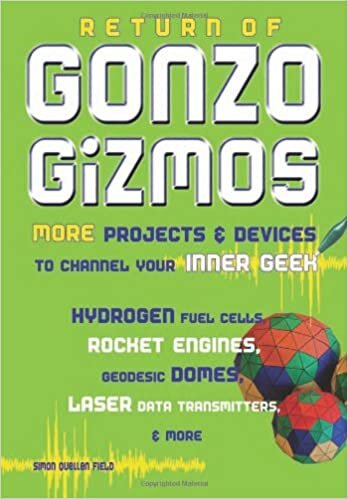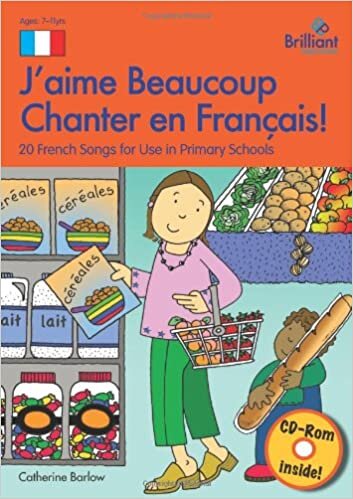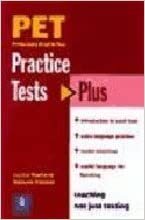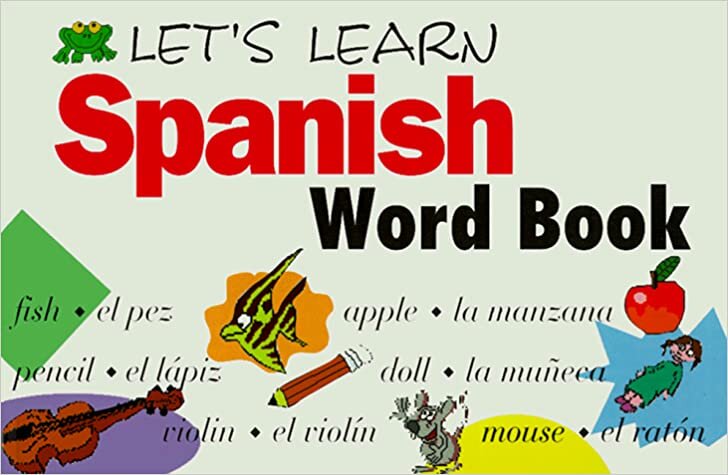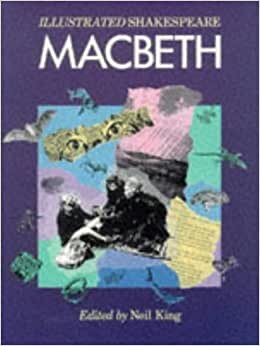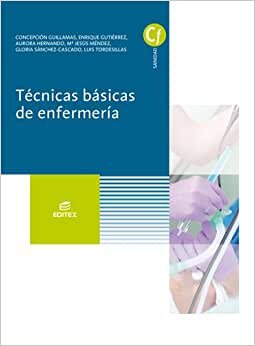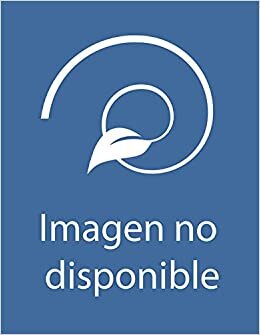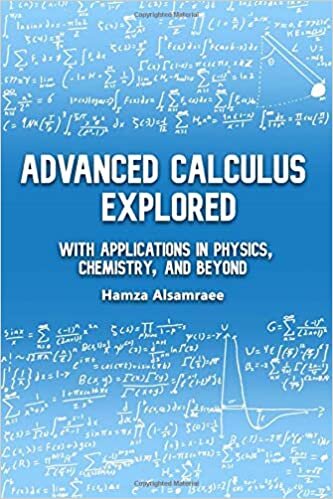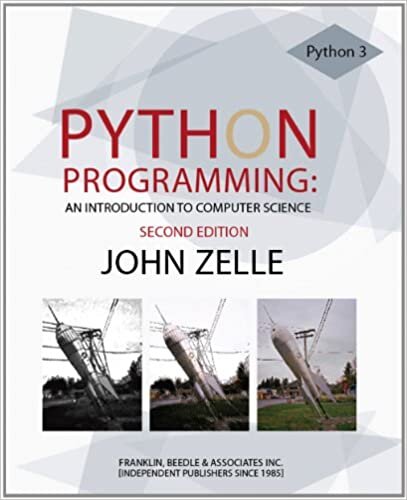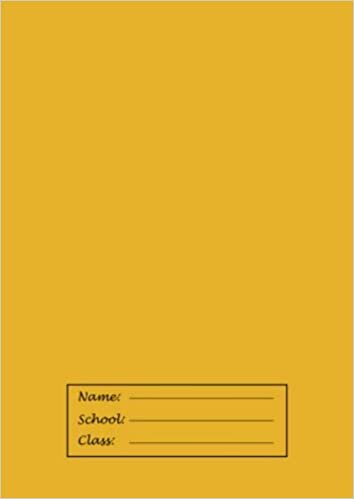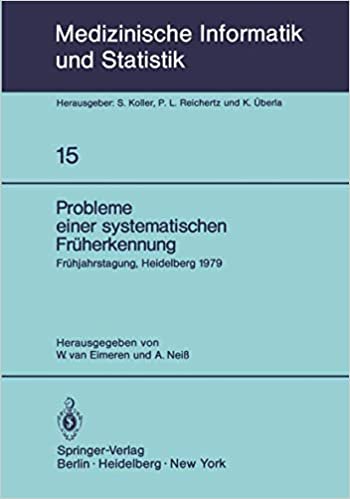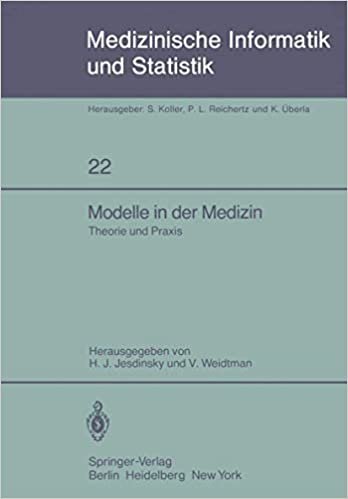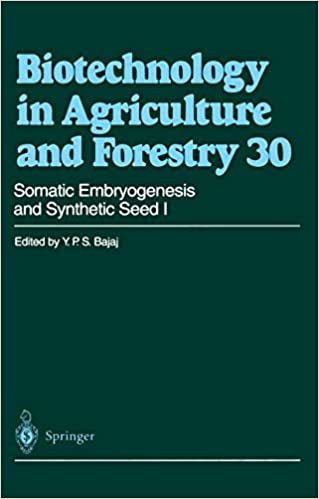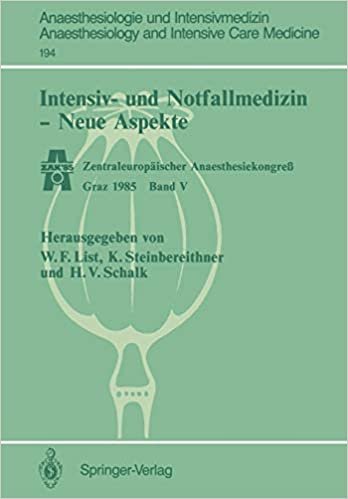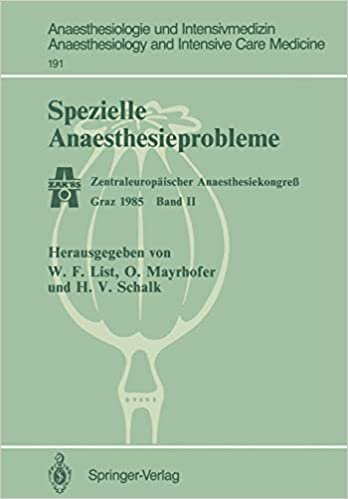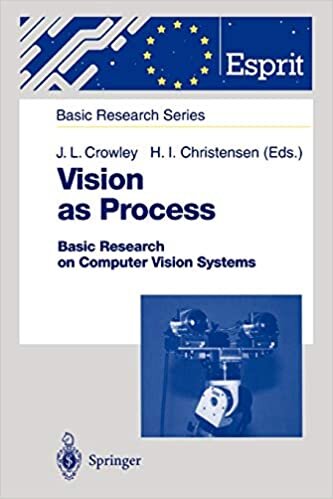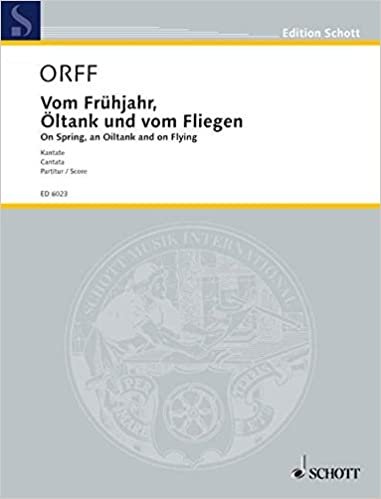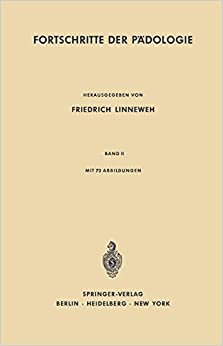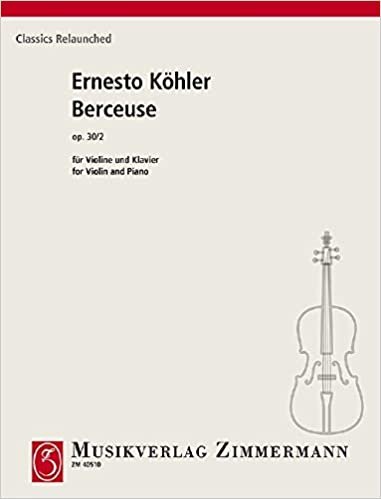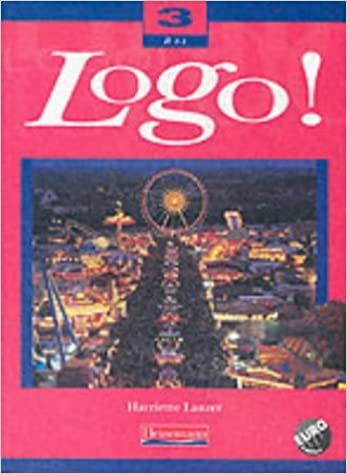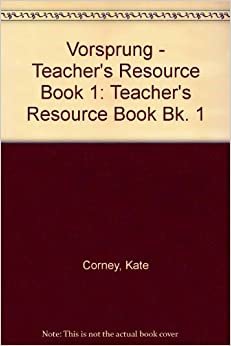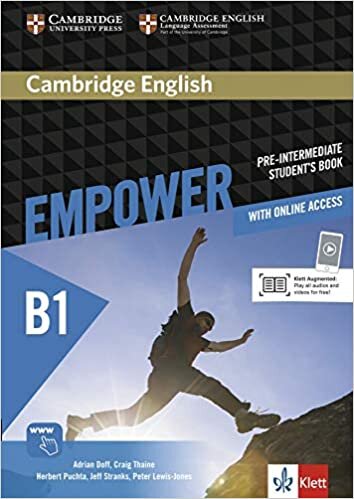GI - 9. Jahrestagung: Bonn, 1.- 5. Oktober 1979 (Informatik-Fachberichte) indir kitap bedava
itibaren K. H. Böhling P. P. Spies
GI - 9. Jahrestagung: Bonn, 1.- 5. Oktober 1979 (Informatik-Fachberichte)
In the field of programming language description, it is widely accepted that van-Wi1ngaarden grammars (vWGs, [Ba72), [A68R) provide a powerful and yet simple formalism to describe the syntax and context conditions of programming languages. (See, for instance, the comparison of definition techniques given in [MBL76).) However, vWGs cannot be used for automatic compiler generation, since the "referencing problem" [K074) is not decidable in general. Several proposals have been made to restrict vWGs to decidable subclasses that are suited for automatic parser generation, for example [Ba72), [De7S), [KS77), and [We78). Extended Affix grammars (EAGs, defined in [Wa7S) are of particular interest, since they fill the gap between Two-Level language description in vWG-style, and more compiler-oriented description tools, such as affix grammars (AGs, [K07I), and attribute grammars (AttrGs, [Kn68): EAGs preserve most of the descriptive properties of vWGs, but allow to generate parsers that are as efficient as those generated from AGs and AttrGs. The EAGLE project is a compiler generator project aiming at using EAG language descriptions for automatic compiler generation. One of the sub tasks is to develop a notation which resembles vWGs as closely as possible [FHS78), so that it may serve as a appropriate descriptive tool for both languages and compilers. In the following, we describe a result which liberates the notation of EAGs from all explicit "data flow information".
GI - 9. Jahrestagung: Bonn, 1.- 5. Oktober 1979 (Informatik-Fachberichte):31 Aralık 1978
Popüler yazarlar
Kolektif (3967) Springer (1155) KOMİSYON (445) Varios Autores (286) Kollektif (203) Cambridge University Press (173) Springer; 1 basım (153) ohne Autor (141) Sigmund Freud (120) American Society of Mechanical Engineers (113) Oxford University Press (110) etc. (104) NA. VIKRAMAN (104) John Wiley & Sons Inc (93) Jules Verne (91) de Gruyter (90) Asian Development Bank (72) Springer; 1. baskı (71) ASME (70) Garcia Santiago (67)En İyi Yayıncılar
Springer Forgotten Books CAMBRIDGE UNIVERSITY PRESS Adalet Yayınevi Oxford University Press John Wiley & Sons Inc Peter Lang GmbH, Internationaler Verlag der Wissenschaften MACMILLAN EDUCATION Independently Published de Gruyter Springer; 1 basım On İki Levha Yayınları Doğan Egmont Yayıncılık; 1. baskı İş Bankası Kültür Yayınları; 1. baskı PRENTICE HALL Longman Oxford University Press España, S.A. İş Bankası Kültür Yayınları; Facsimile. baskı Springer Berlin Heidelberg 1001 Çiçek Kitaplar; 1. baskı